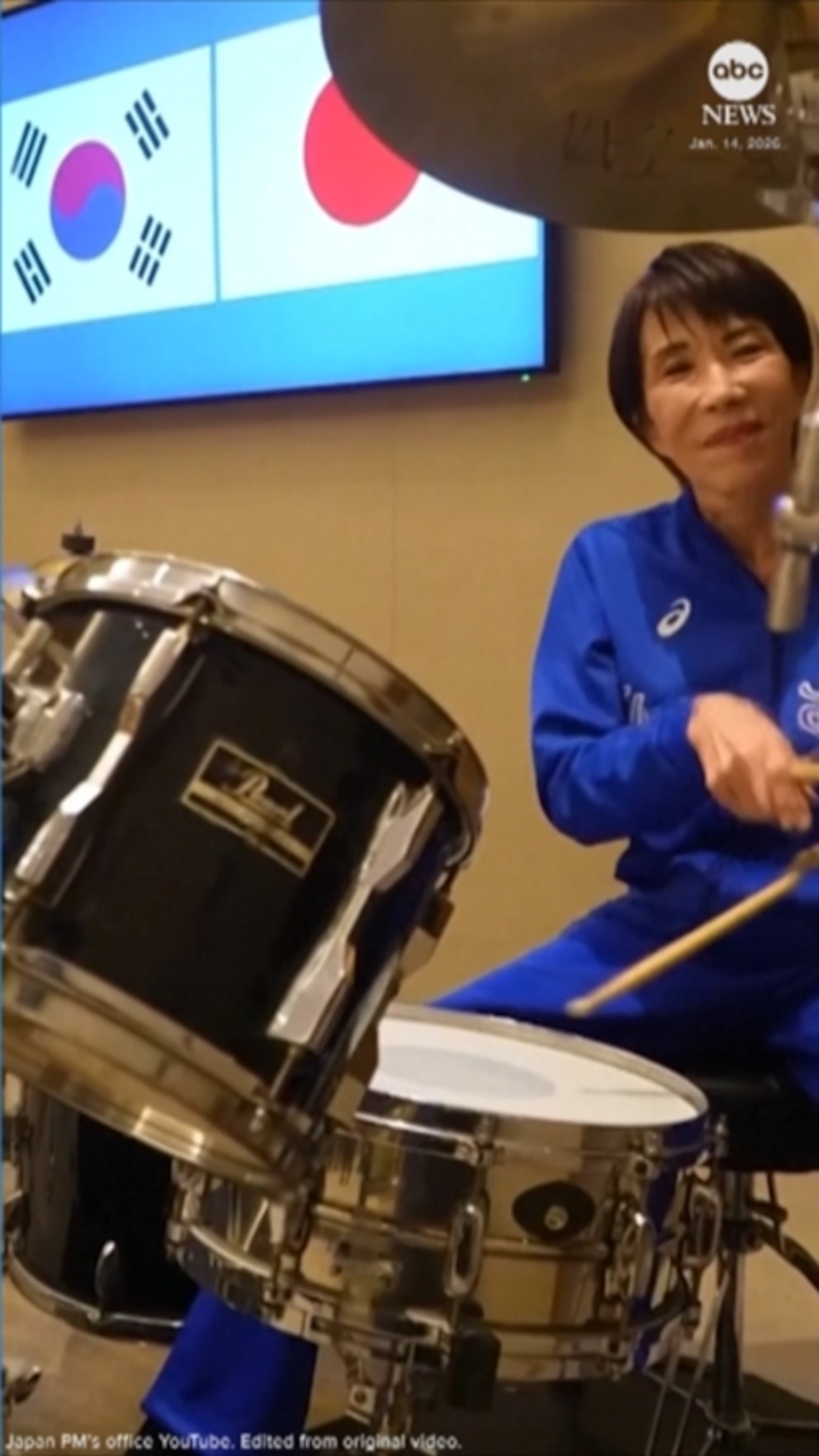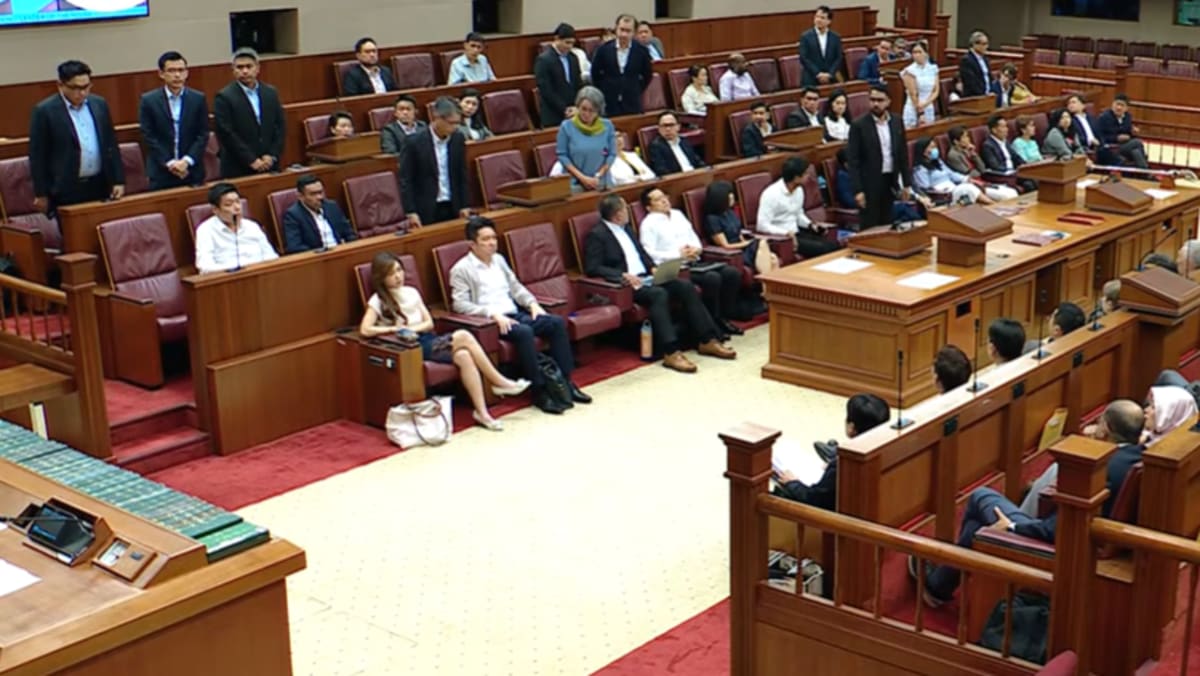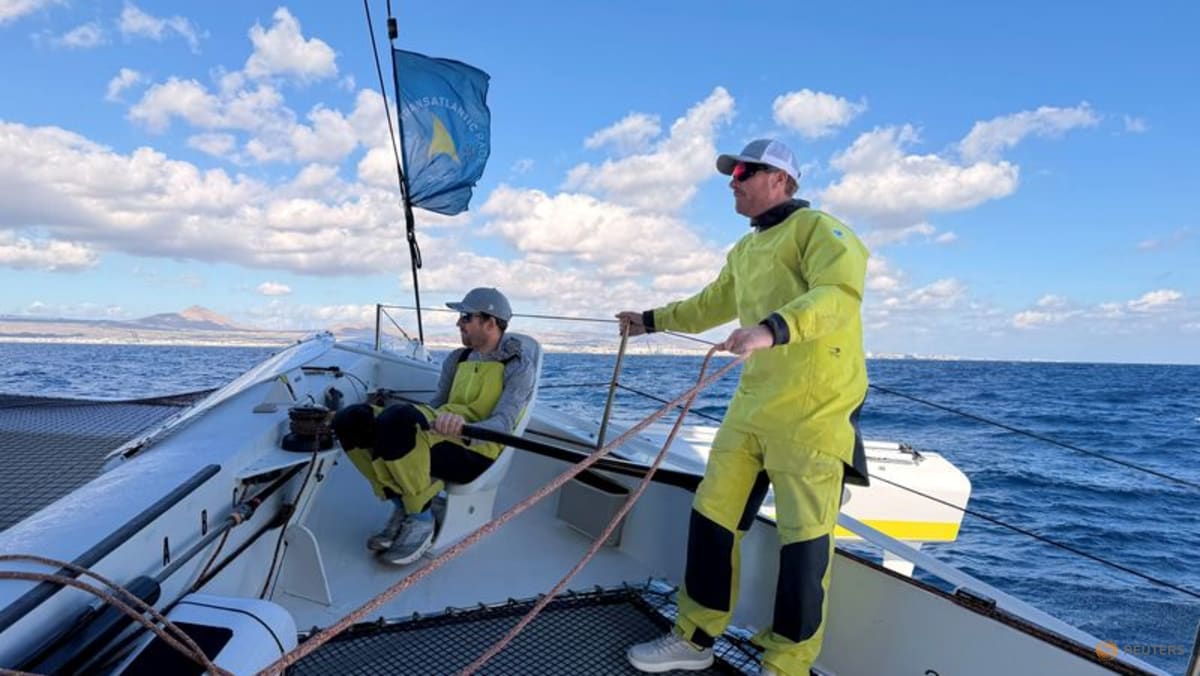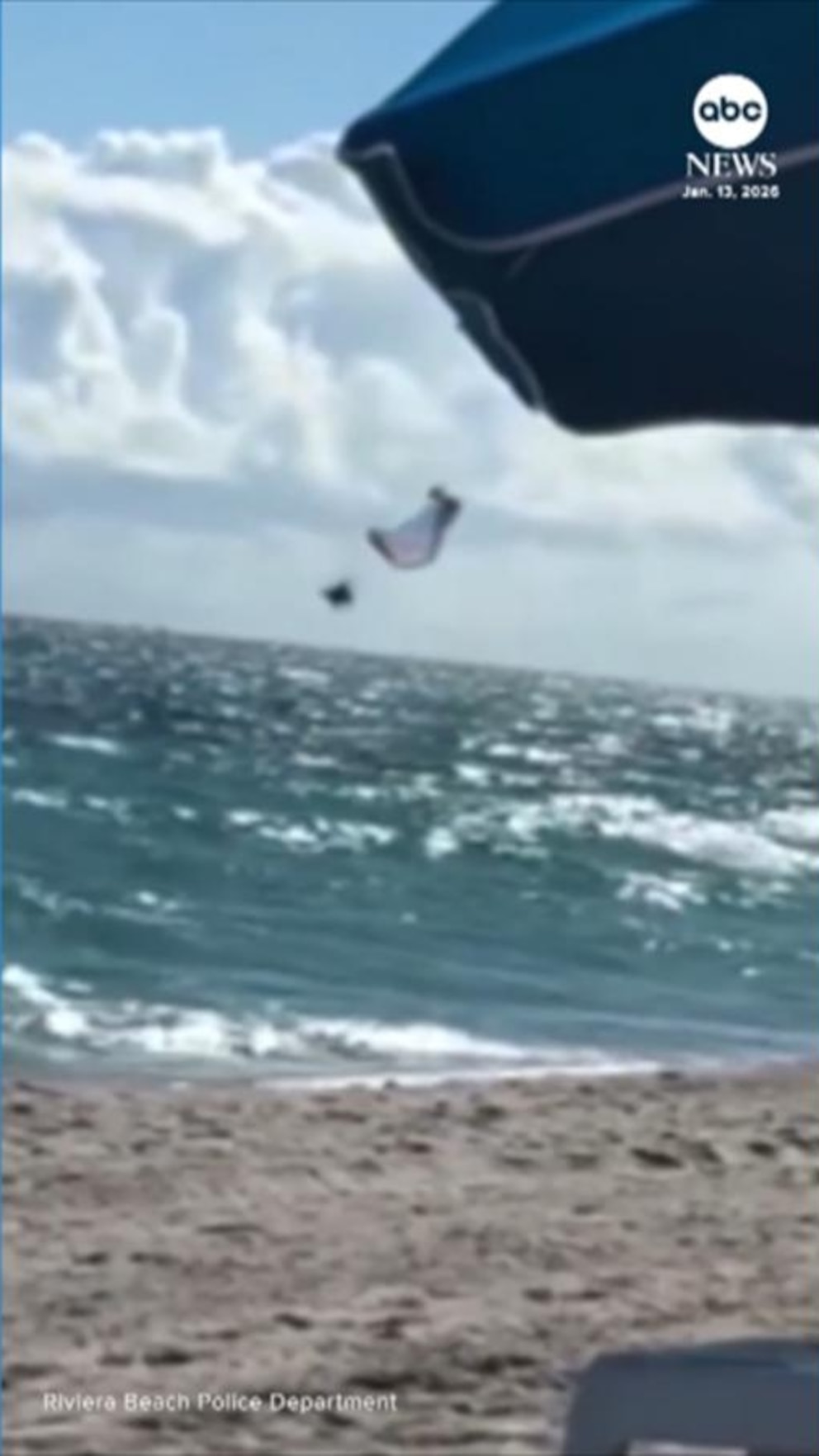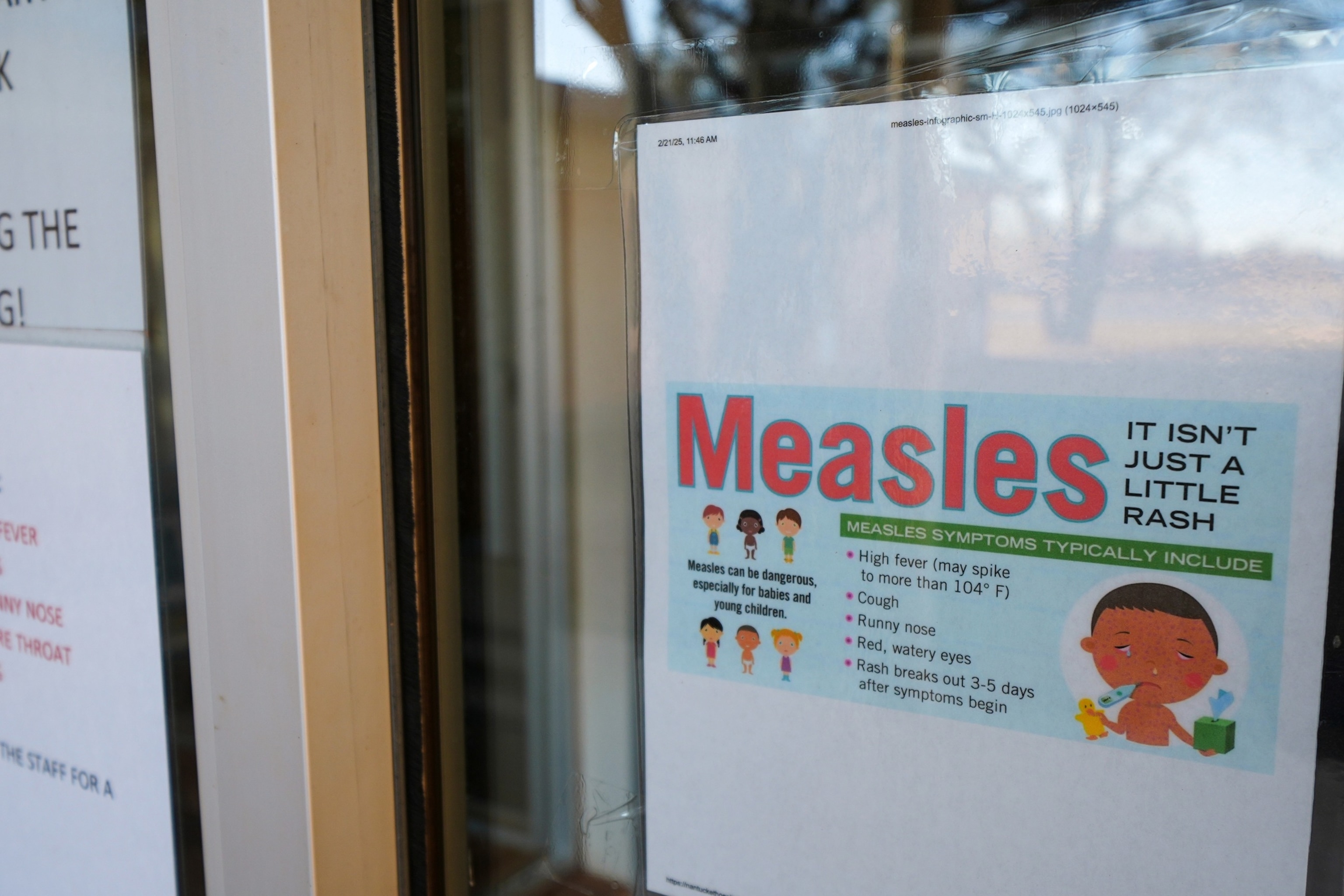US conducts defensive airstrikes as Houthis fire anti-ship ballistic missiles

LONDON — The United States has conducted six defense strikes and fired 18 anti-ship missiles in Yemen after the Houthis fired two anti-ship ballistic missiles into the Red Sea, according to the United States Central Command.
The Iranian-backed Houthis fired two anti-ship ballistic missiles from Houthi-controlled areas into the Red Sea toward merchant vessel Pinocchio, a Singaporean-owned, Liberian-flagged ship, between 8:50 a.m. and 12:50 p.m. local time on Monday, according to CENTCOM.
“The missiles did not impact the vessel and there were no injuries or damage reported,” CENTCOM said.
In retaliation to the initial strikes, “United States Central Command conducted six self-defense strikes destroying an unmanned underwater vessel and 18 anti-ship missiles in Houthi controlled areas of Yemen” between 2:50 p.m. and 11:30 p.m. shortly after the initial strikes, CENTCOM said detailing their operation.
An aerial view of the Barbados-flagged ship True Confidence ablaze following a Houthi missile attack at sea, March 6, 2024, in this handout photo.
Dvids/via Reuters
“It was determined these weapons presented an imminent threat to merchant vessels and U.S. Navy ships in the region,” officials said. “These actions are taken to protect freedom of navigation and make international waters safer and more secure for U.S. Navy and merchant vessels.”
When the initial attacks began last November, the Houthi rebels initially framed them as a method of pressuring Israel to stop the war that was launched following the Oct. 7 terror attacks. However, as shippers began to avoid the regions of the Gulf of Aden and the Red Sea, the rebels strikes still continued.
The U.S. and coalition warships have been responding by shooting down any Houthi fire that’s come near them which has left the Houthis targeting commercial ships with little to no protection.
Since the U.S. began its campaign of airstrikes in January, the U.S. military says it has shot down and destroyed more 100 Houthi missiles, according to an Associated Press analysis of its statements, but the onslaught from the Houthi rebels, meanwhile, has shown no signs of abating.
ABC News’ Lauren Minore contributed to this report.
Source: abc news



